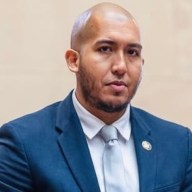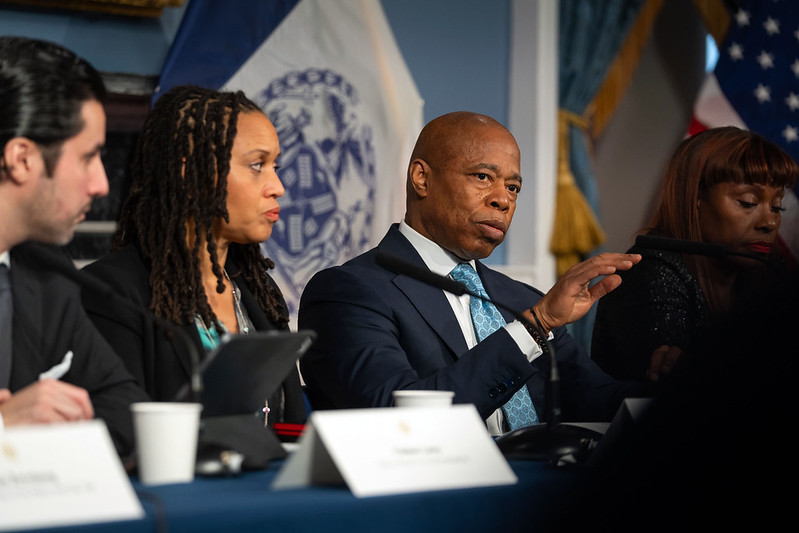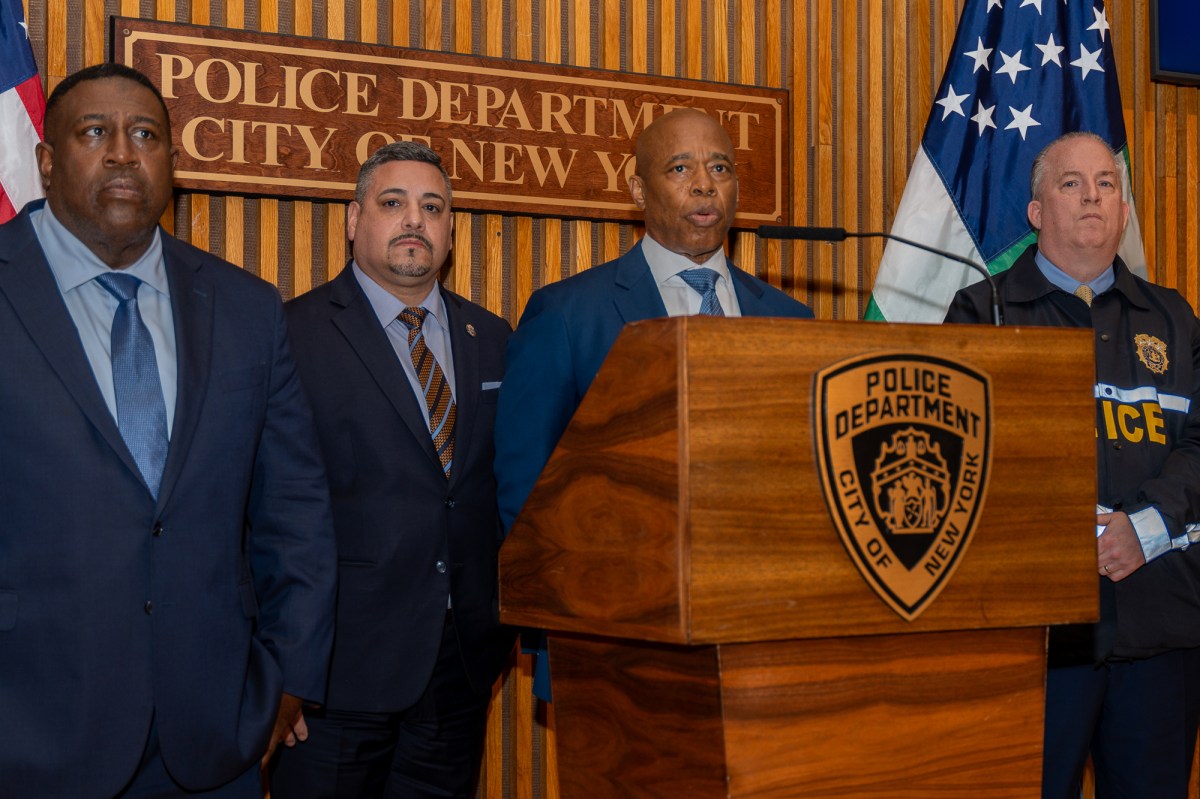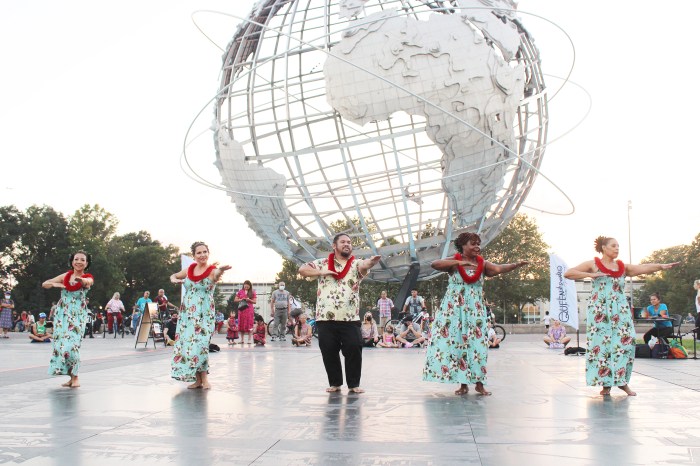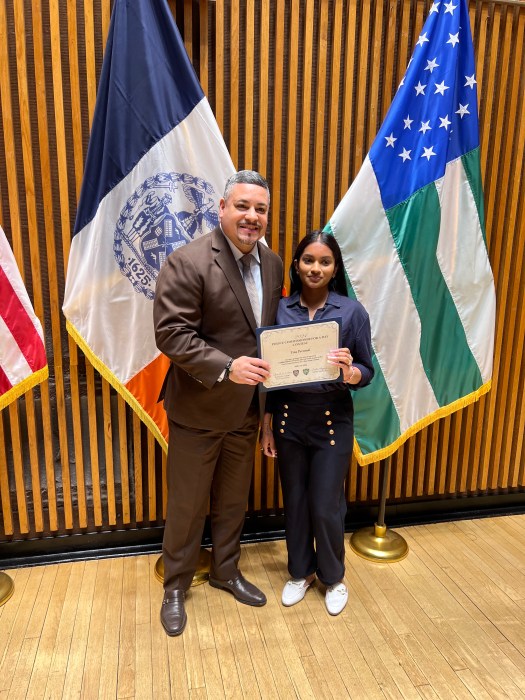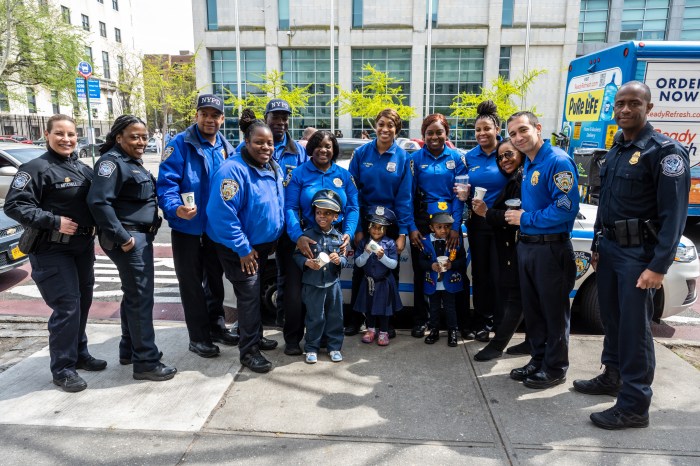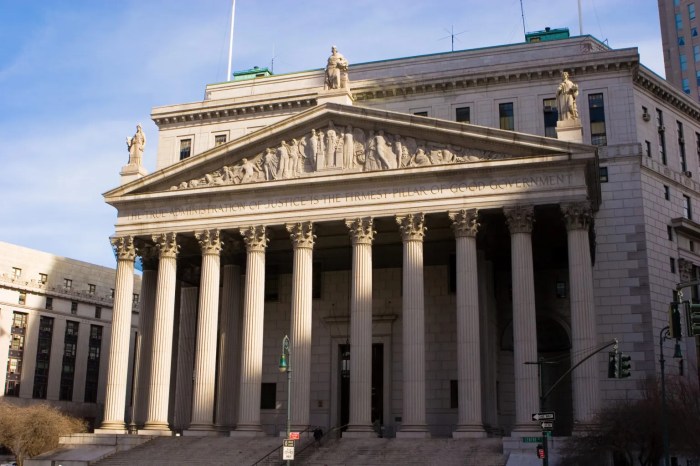A Manhattan federal judge’s ruling that the city’s stop-and-frisk policy is unconstitutional sent a message to black and Hispanic residents in Queens that their civil rights were protected.
After a nine-week trial, Judge Shira Scheindlin concluded that the NYPD was resorting to “indirect racial profiling” as NYPD officers stopped a disproportionately large number of blacks and Hispanics. Some of the most frequent stops are in southeast Queens and the Jackson Heights area.
The Bloomberg administration has vowed to appeal the decision, but the city’s top officials do not seem to understand what it means to be a minority in Jamaica or Corona. A young black man wearing slacks and a dress shirt is less likely to be considered suspicious by the NYPD, but put the same man in jeans and a T-shirt on his day off and he is a prime candidate for being stopped.
This has happened frequently to innocent members of our community, who are humiliated publicly by being frisked.
One of the by-products of this mutual mistrust between minorities and cops is the no-snitch culture, in which residents of crime-ridden areas refuse to come forward with information about a murder, for example. This is why so many homicides remain unsolved for years in neighborhoods like southeast Queens.
Legal stop-and-frisk still has an important role to play in the NYPD’s policing practices after the ruling, but the aggressive use of this tactic as crime has fallen across the city has exceeded its value. Of the 532,911 stops in the city last year, only 12.5 percent resulted in arrests or summonses, according to the New York Civil Liberties Union.
The judge also appointed a federal monitor to track the NYPD’s stop-and-frisk reforms after the City Council voted 40-11 last month to create an inspector general for the department. The tally for Queens’ Council members was 9-5 in favor of that bill, which Bloomberg vetoed.
The NYPD has done an admirable job under Commissioner Ray Kelly in keeping New Yorkers safe but still should be able to thwart crime with a more respectful version of stop-and-frisk. It is equally important that law-abiding blacks and Latinos who live in Queens can walk down the street without fear of being stopped and with their personal dignity intact.






